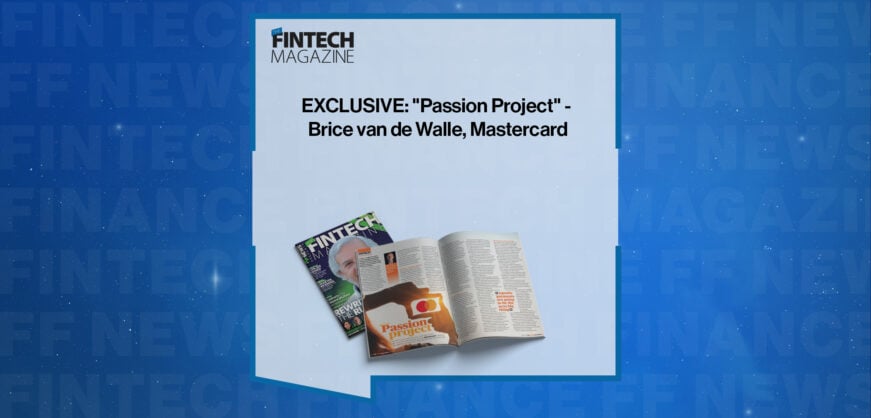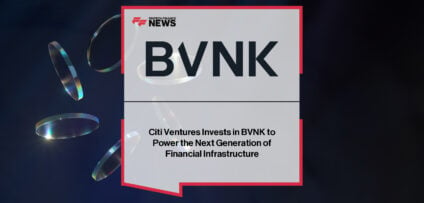Breaking News

Challenger Banks vs Crypto Institutions: The Battle for the Future of Finance
The financial landscape has been changing rapidly in recent years with the rise of challenger banks and crypto institutions.
These two players are competing fiercely for the future of finance, but what are the key differences between them, and who will come out on top?
Below, we will explore the battle between challenger banks and crypto institutions, their strengths and weaknesses, and what the future might hold for both.
Challenger Banks: A Brief Overview
Challenger banks are digital banks that operate exclusively online and are often built from the ground up with technology in mind.
They are a new breed of financial institutions that aim to disrupt the traditional banking industry by providing customers with a better user experience and more innovative products and services.
Challenger banks often offer features like low fees, higher interest rates, and easy-to-use mobile apps.
Crypto Institutions: A Brief Overview
Crypto institutions, on the other hand, are financial institutions that are built specifically to deal with cryptocurrencies like Bitcoin and Ethereum.
They offer services like cryptocurrency exchanges, wallets, and custodial services to help users manage their crypto assets.
Crypto institutions are often seen as a way to democratize finance by providing access to financial services to anyone with an internet connection, regardless of their location or background.
The Battle for the Future of Finance
Both challenger banks and crypto institutions are competing for a share of the financial services market, but they are approaching it from different angles.
Challenger banks are trying to provide a better alternative to traditional banking by offering more innovative products and services, while crypto institutions are trying to create a new financial system based on blockchain technology and cryptocurrencies.
Strengths and Weaknesses
Challenger banks have several strengths, including a user-friendly experience, lower fees, and a focus on innovation. However, they also have some weaknesses, such as limited financial products and services, a lack of brand recognition, and a lack of trust from some consumers.
Crypto institutions have different strengths and weaknesses. Their strengths include their ability to provide access to financial services to anyone, anywhere, and their potential for innovation in the financial industry. However, they also have weaknesses, such as regulatory uncertainty, security risks, and the volatility of cryptocurrencies.
The Future of Finance
It’s hard to predict which of these two players will come out on top, as both have their strengths and weaknesses.
However, it’s likely that they will continue to compete for the same customers, and we may see more collaboration between the two in the future.
For example, we may see challenger banks offering cryptocurrency services or crypto institutions offering more traditional financial products and services.
Final Thoughts
As you can see from the above, the battle between challenger banks and crypto institutions is heating up, and both sides are competing fiercely for the future of finance. While it’s hard to predict which will come out on top, it’s clear that both are here to stay, and we can expect to see more innovation and collaboration between the two in the years to come.
- EXCLUSIVE: “Passion Project” – Brice van de Walle, Mastercard in ‘The Fintech Magazine’ Read more
- FreedomPay Drives Global Merchant Innovation Read more
- FIS Brings AI-Powered Advancements to Seamless, Personalized Digital Banking Experiences Read more
- Citi Ventures Invests in BVNK to Power the Next Generation of Financial Infrastructure Read more
- Nearly Two-Thirds of Global Retailers Say Payment Method Flexibility Drives Revenue Growth, ACI Worldwide Survey Finds Read more











